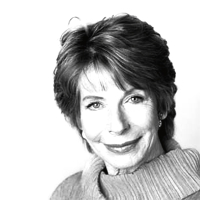U.S. News
Theo Wargo/Getty
Parkland Teenagers Taking on the World—and Winning
Shining On
After their rousing performance at the Tonys, the students of Marjory Stoneman Douglas Hight School haven’t stopped, and they have no plans to.
opinion

Trending Now




